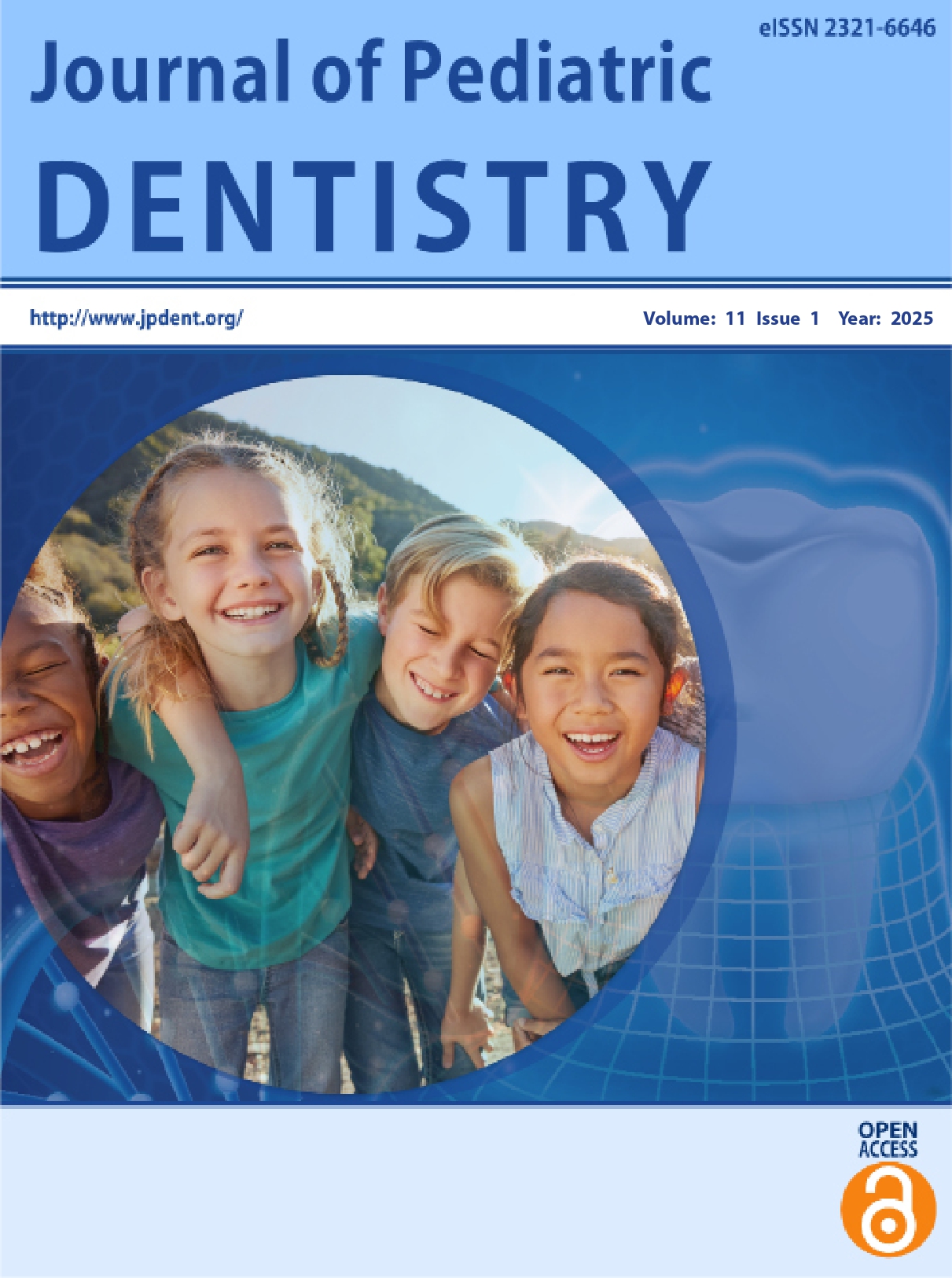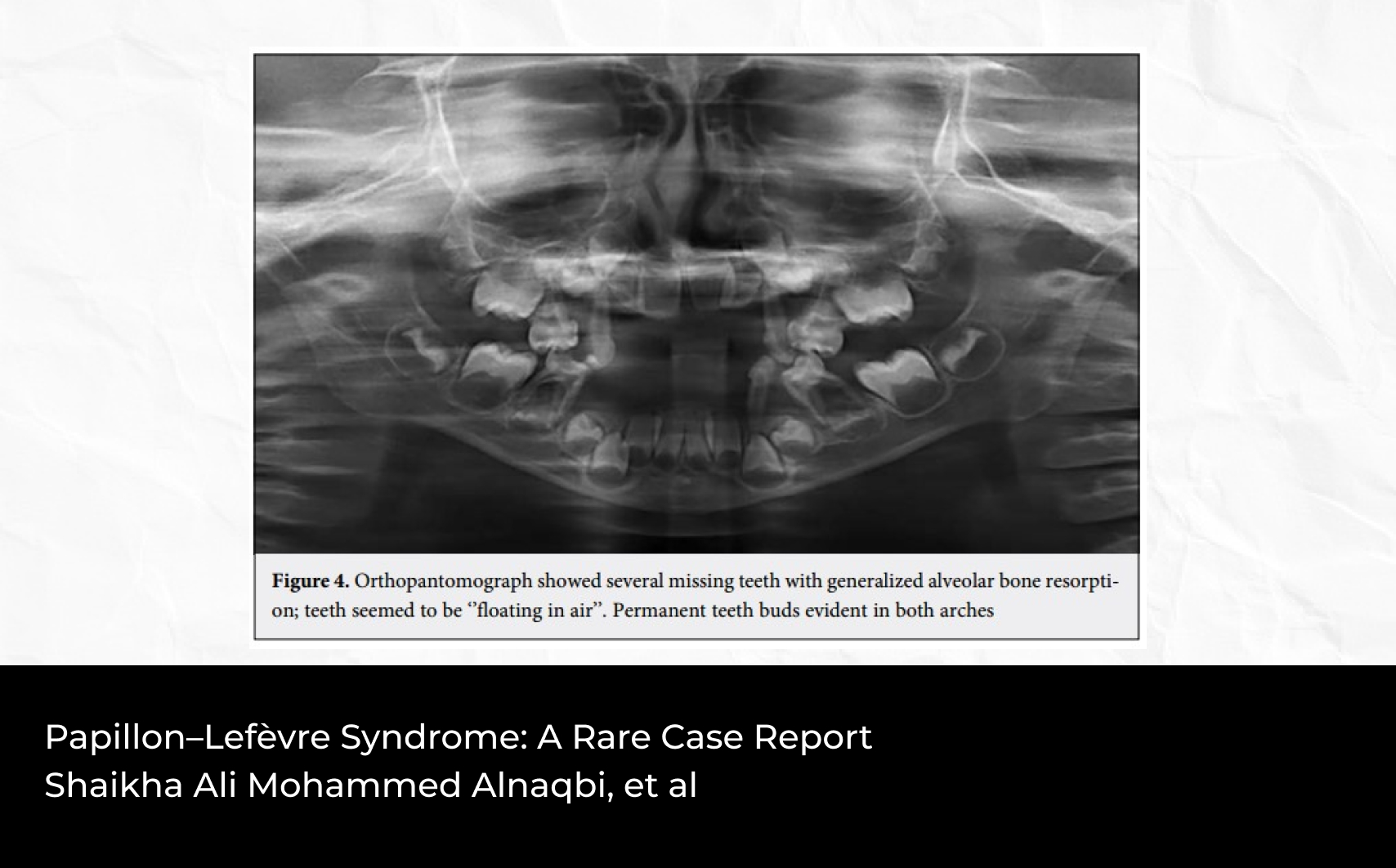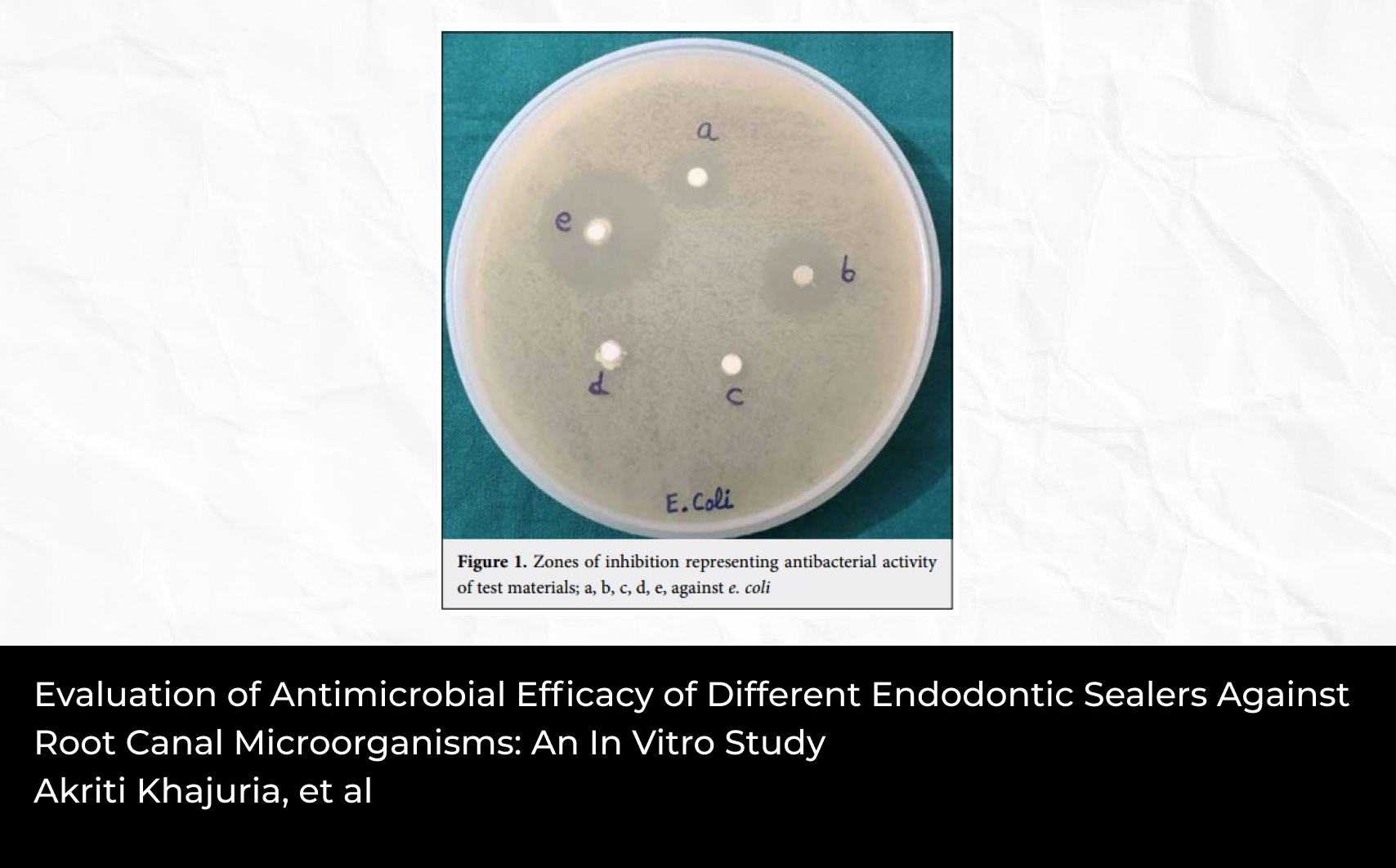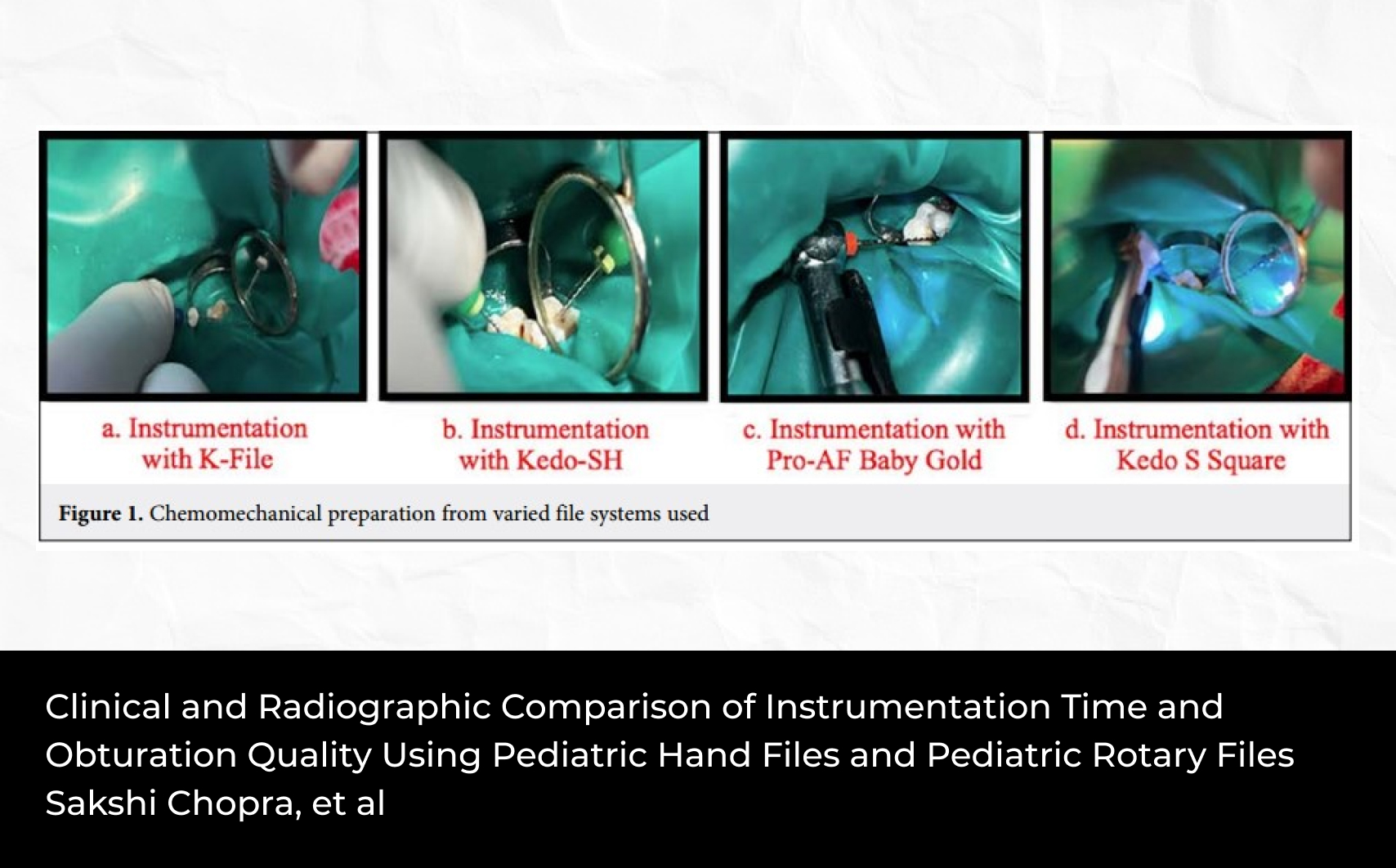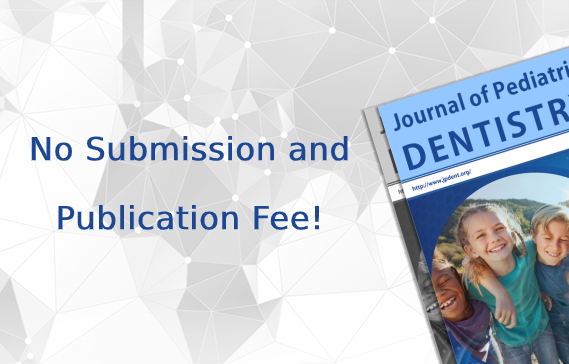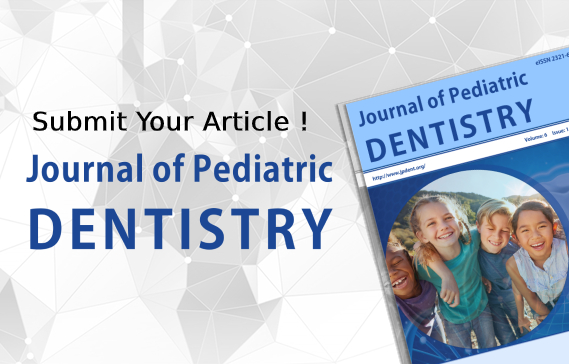2Department of Restorative Dentistry, School of Dentistry, College of Medical Sciences, University of Benin, Benin City, Nigeria
Abstract
Objective: Misuse of antibiotics, including tetracycline, is prevalent in developing countries, posing risks to children’s oral health. This study aimed to explore tetracycline use in children and parental awareness and practice of its oral side effects.
Materials and Methods: A cross-sectional study involving 267 parents/caregivers was conducted. Participants completed a semi-structured questionnaire that collected data on socio-demographic characteristics, knowledge, attitude, and practice of
antibiotic use, as well as knowledge of the oral implications of tetracycline use. Data were analyzed to identify associations between socio-demographic characteristics, tetracycline use, knowledge of adverse effects, and awareness of oral adverse effects.
Results: A total of 267 respondents participated in the study. Among them, 23.6% were aged 31–35 years, 71.5% were female, 78.3% had a tertiary level of education, 88.0% were married, and 48.3% were skilled workers. About 39.3% of respondents reported using tetracycline in children, with most usage being self-prescribed (64.2%). Only 122 respondents (45.7%) received information about tetracycline use, with friends and family being the primary information source (37.2%). While the majority of respondents (62.2%) knew that using tetracycline in children led to adverse events, less than half cited tooth discoloration
(34.1%) as an adverse effect. Significant associations were found between the level of education (p=0.007), occupation (p=0.009), and tetracycline use.
Conclusion: This study highlights poor knowledge, practice and misuse of antibiotics and tetracycline in children, with inadequate parental/caregiver awareness of oral side effects. Education and awareness campaigns are crucial to promote responsible antibiotic use, focusing on appropriate antibiotic use, potential oral adverse effects and medical supervision.

